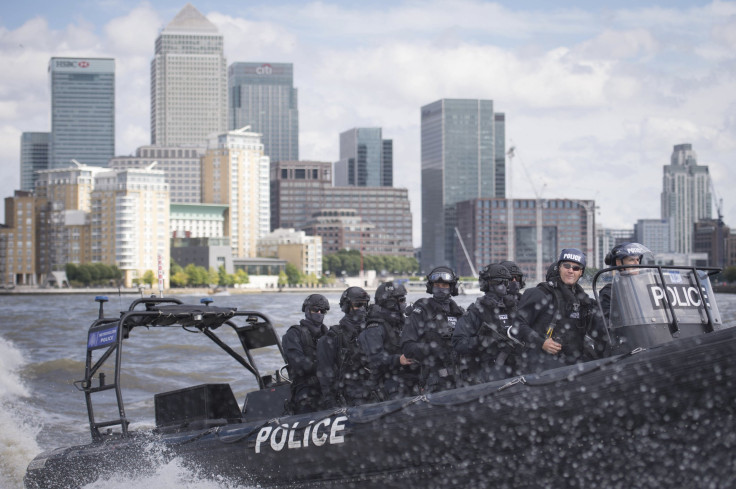Where Will ISIS Attack In 2017? Islamic State Plans IRA-Style Bombings Across UK

The Islamic State group has been planning a series of attacks targeting cities across the U.K. in a militant campaign reminiscent of the Irish Republican Army's (IRA) pro-independence offensive decades ago, the country's new anti-terrorism chief told The Telegraph in an interview published Sunday.
Max Hill, a lawyer who was named the head of the U.K.'s anti-terrorism legislative review last week, said the U.K. was under serious threat from ISIS fighters returning from the Middle East following major territorial losses. At least 850 people have left the U.K. to fight for jihadist organizations in Iraq and Syria, some of which have been killed or arrested, according to BBC News. In Sunday's interview, Hill said the U.K. was in grave danger from returning and domestic Islamist militants, some of whom were radicalized by online materials at ages as young as 14.
"In terms of the threat that's represented, I think the intensity and the potential frequency of serious plot planning – with a view to indiscriminate attacks on innocent civilians of whatever race or color in metropolitan areas – represents an enormous ongoing risk that none of us can ignore," he said.
"So I think that there is undoubtedly significant ongoing risk which is at least as great as the threat to London in the 70s when the IRA were active on the mainland," he added.
The IRA title has been used by a number of paramilitary groups engaged in an armed struggle for the independence of the six counties of Northern Ireland from U.K. rule. Hill's comments referred to an organization known officially as the Provisional IRA that waged a bombing campaign against Northern Ireland and England in the 1970s and 1980s that killed an estimated 125 people and wounded thousands more. Bombs were planted at military, government and even civilian targets.
Hill noted that there were major "distinctions in terms of the mindset, organization and strategy" of the IRA and ISIS, but said the scale of the threat they posed to the U.K. was comparable. As head of anti-terrorism in the country, Hill has been tasked with reporting annually to parliament on national security matters, including a review the 2011 Terrorism Prevention and Investigation Measures, which critics have said go too far in infringing freedoms.
Hill's interview came after the U.K. Security Minister Ben Wallace said last month that ISIS planned on conducting "mass casualty attacks" with "no moral objection to using chemical weapons." Moroccan authorities reportedly uncovered last year an ISIS cell in possession of substances capable of producing a chemical weapon.
© Copyright IBTimes 2024. All rights reserved.












